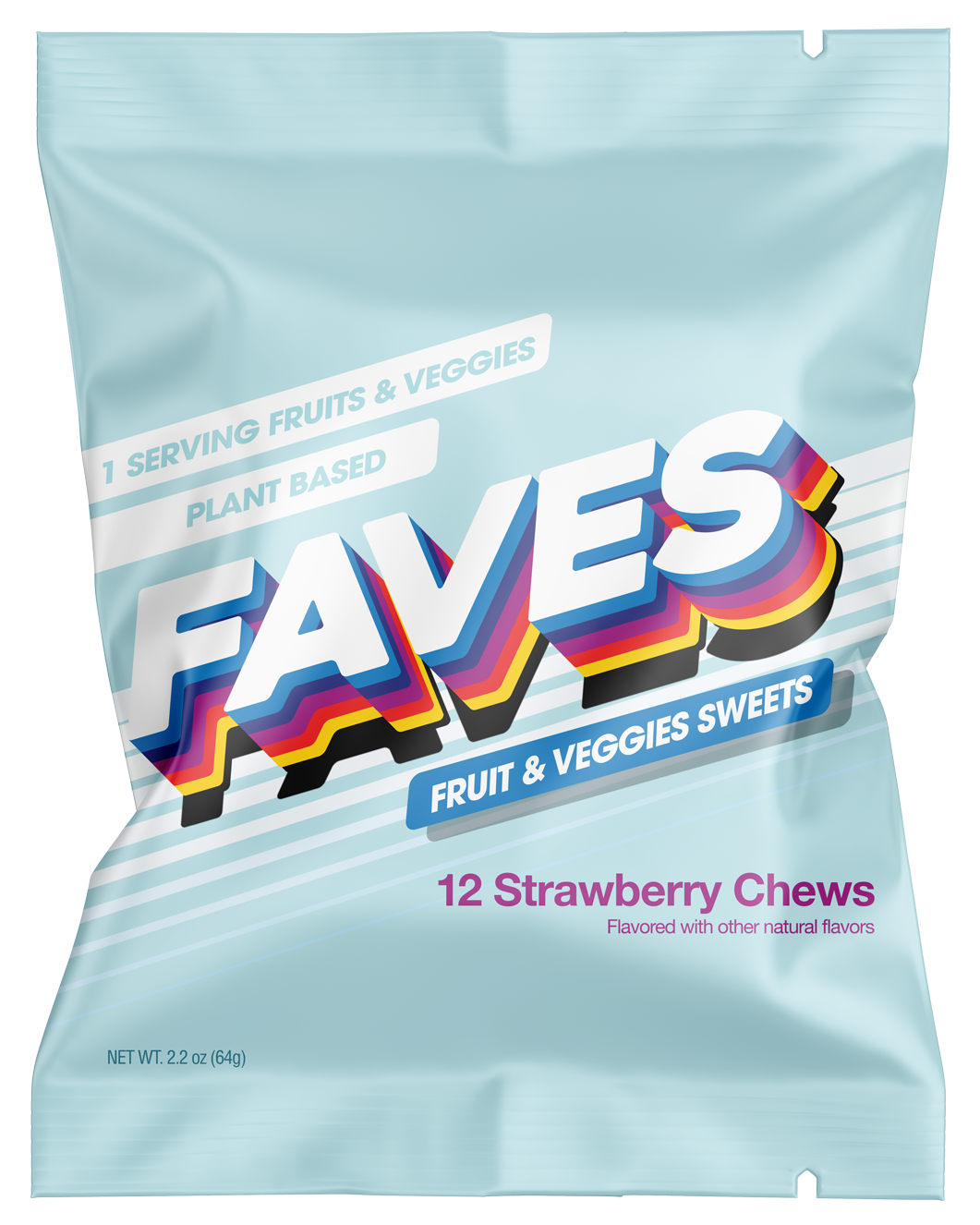Free Shipping on all US orders! 🎉🎉🎉
Carrots are one of the most popular vegetables, incorporated in countless dishes, eaten on their own as a snack, and pretty easy to find in most places.
And thanks to their associations with classic kids’ cartoons and having better night vision, carrots quickly come to mind during rapid word association when the category “vegetable” comes up. According to the BBC, nine out of ten times when someone plays that game and has to name a vegetable, they’ll say “carrot.” Of course, the bunny association works both ways — some people dismiss carrots as “rabbit food,” along with just about anything else that can go in a salad. But despite the naysayers, Bugs Bunny has the right idea. After all, it’s no surprise that carrots are good for humans, too.
Carrot Nutrition
Carrots are known for their high beta-carotene content. This carotenoid gives the most common orange and yellow varieties their color. Your body naturally converts beta-carotene to vitamin A, an important nutrient for things like eyesight and immunity. And carrots are an excellent source of beta-carotene; one large carrot (say, seven to eight inches long) can provide over two-thirds of your daily requirement of the nutrient.
No matter what color of carrots you enjoy, you’re going to get a good dose of antioxidants. For instance, yellow carrots contain lutein, red carrots contain lycopene, purple carrots contain anthocyanins, and black carrots contain phenolic compounds.
Carrots are also low in calories and fat and high in complex carbohydrates and fiber. And they’re a good source of other micronutrients, like potassium, B vitamins, vitamin C, and vitamin K1. Carrots have been studied for a number of specific health benefits. And the results are impressive.
Carrots are rich in antioxidants, like beta-carotene, lutein, and zeaxanthin. Whole plant foods are natural immune-boosters, and carrots are a prime example. Beta-carotene and other carotenoids found in carrots help support the normal function of your immune system, which helps protect you against a number of illnesses and infections. Carrots are also rich in vitamin C, a natural antioxidant and major player in immunity.
How to Choose & Store Carrots
When choosing carrots, look for ones that are firm, smooth, and brightly colored. The deeper the orange color, the more beta-carotene they contain (the same goes for other colors and their respective antioxidants). Avoid carrots with excessive cracks, as well as those that are limp or rubbery. In addition, if the carrots don’t have their green tops, look at the stem ends to be sure they’re not darkly colored, as this is also a sign of age. After all, you want your carrots to last!
With proper storage methods, carrots can last in the refrigerator for up to a month. Cut off carrot greens if you purchase them intact. Then, for maximal longevity, place the carrots in an airtight container, cover them in water, and store them in the fridge. Be sure to replace the water every five days to keep the carrots fresh. Avoid direct exposure to sunlight or air, as this can promote degradation.
Additionally, don’t store your carrots next to fruits like apples, bananas, and pears, because they all give off ethylene gas, which speeds up the ripening process of other fruits and veggies, shortening their shelf life. Carrots will deteriorate quickly in the presence of this gas, producing a substance called isocoumarin that makes them bitter.
If you’re not planning to use your carrots for a while, you can also prepare them for longer term storage. A root cellar or another dark, cool, and well-ventilated area can work well for this. And the carrots may last up to five or six months. They can also be stored unwashed and covered by sand. Or, you can leave homegrown carrots in the ground, covered by mulch. They can stay here and be used at your convenience unless you’re heading into colder months when the ground begins to freeze. Finally, you can even prepare your carrots for long-term freezer storage. Just peel, slice, and blanch them before storing them in a freezer safe container, where they’ll last for up to one year.
And last but not least, carrot is a main ingredient in our FAVES Climate Candy! And to think our PurePlus Proprietary powder line keeps this fave veggie's nutrition from going to waste.
